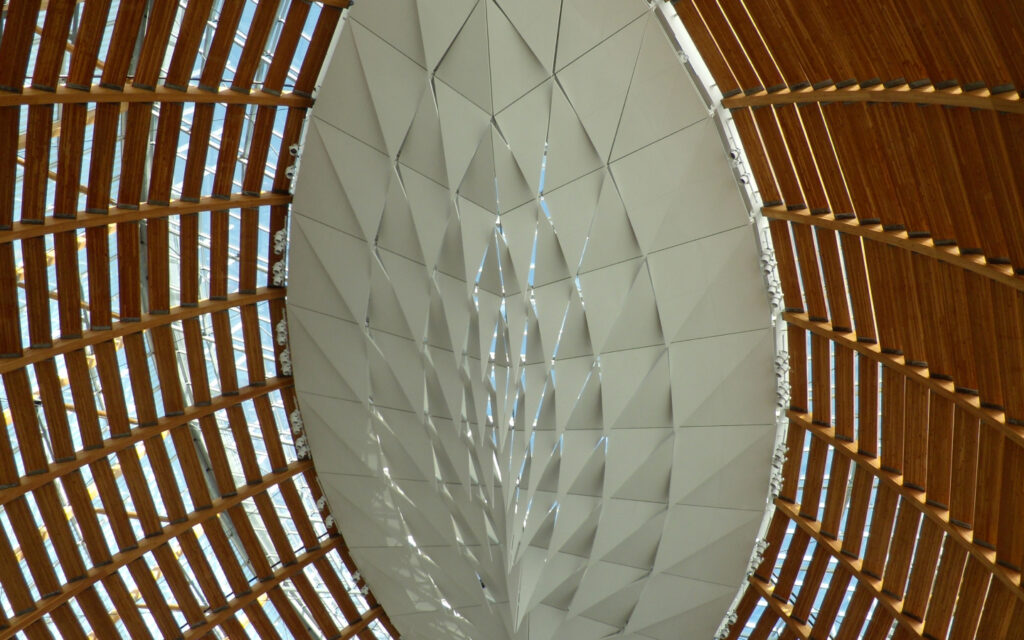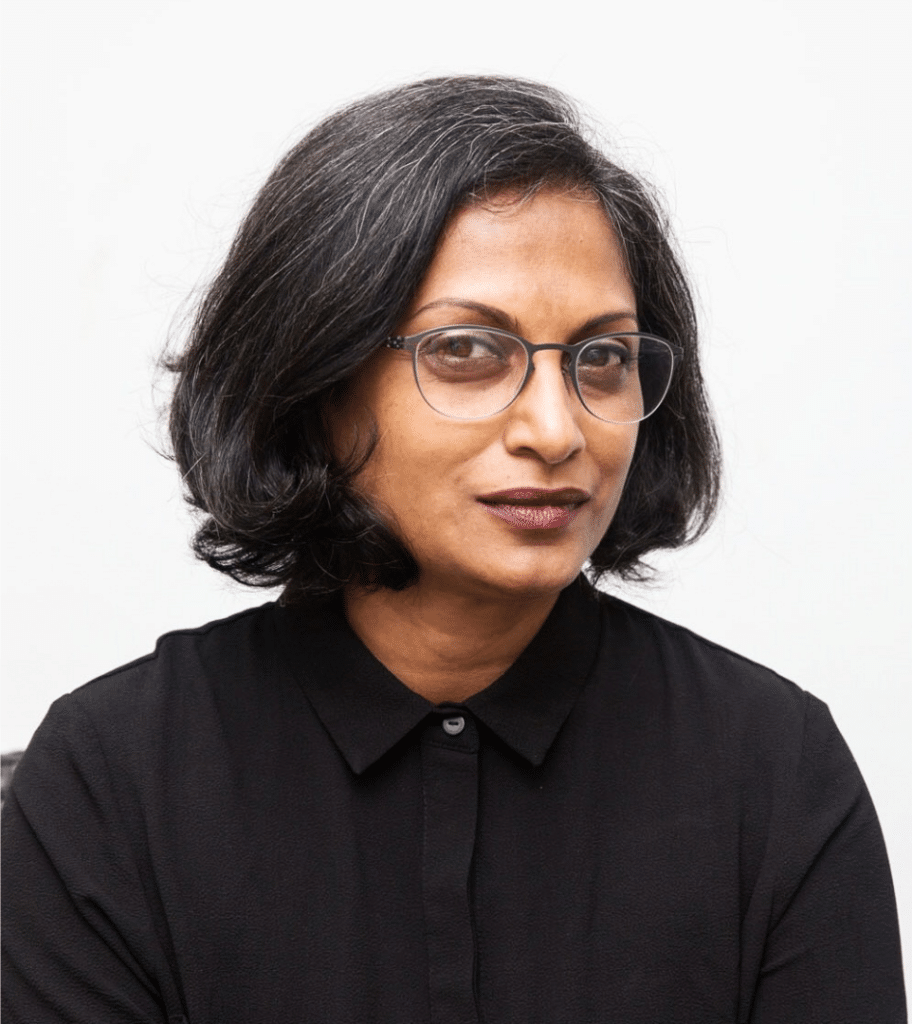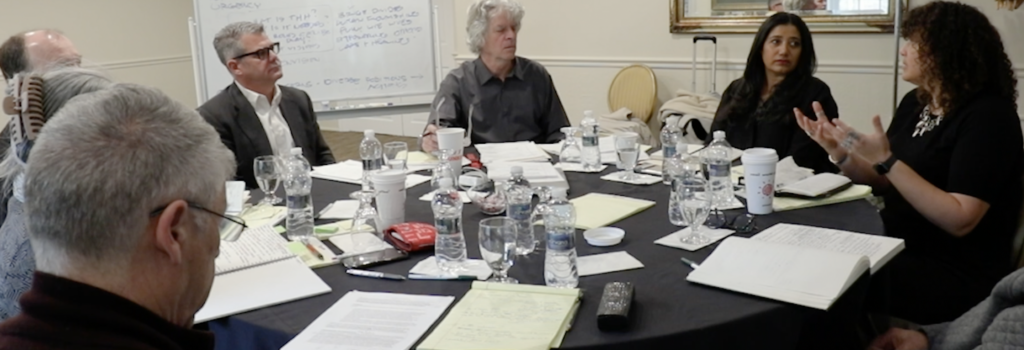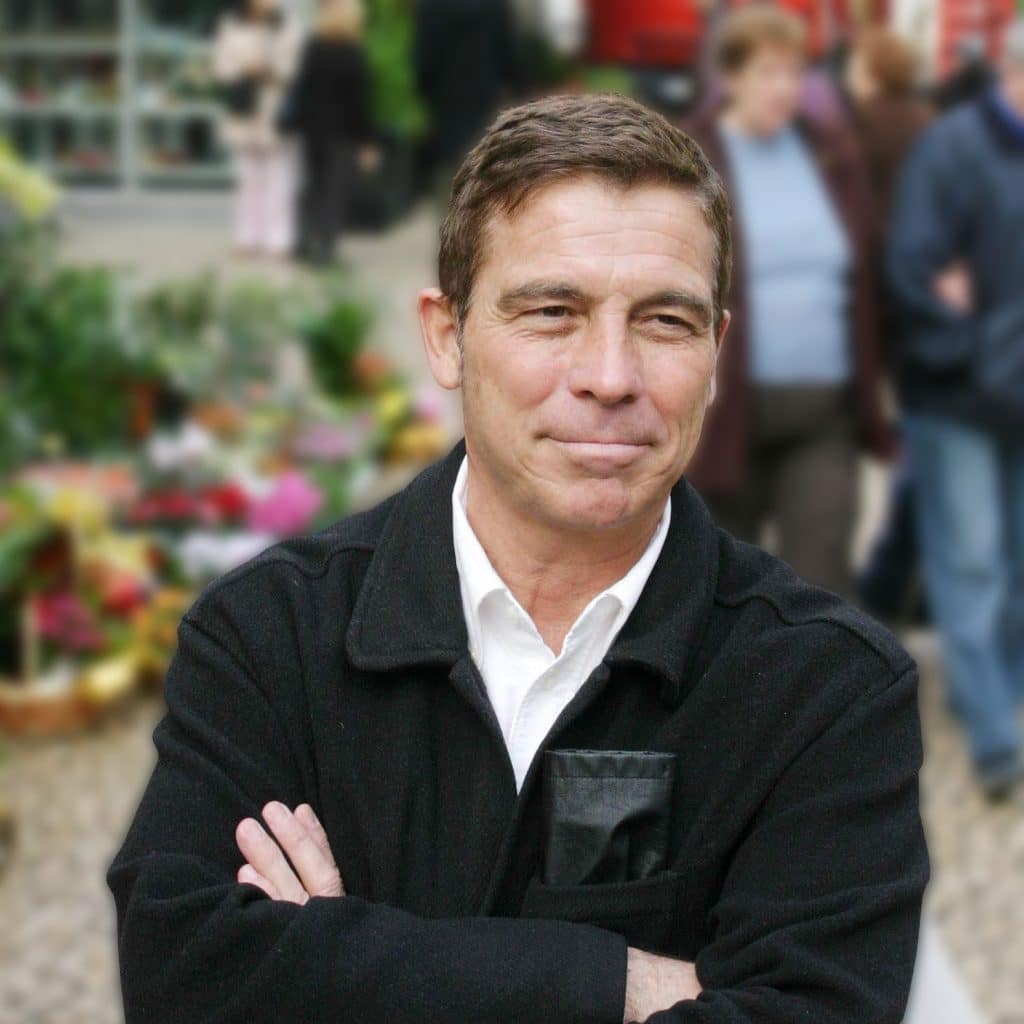Michael J. Crosbie
Faith & Form: The Interfaith Journal on Religion, Art, and Architecture mcrosbie@faithandform.com www.faithandform.com
Introduction
This workshop considers the role of writing in the experience of Chichen Itza. In the same way that we cannot truly see a place until we draw or sketch it, it can be argued that our experience of a built environment cannot be fully understood and appreciated unless we filter it through our own perceptions, and record those insights in written form. As the astute writer E.B. White observed, “Whoever sets pen to paper writes of himself, whether knowingly or not.” The principal goal of the workshop is to help each attendee find a critical architectural voice to collect their thoughts and express their view Chichen Itza. Finding that voice enables the attendee to articulate a set of architectural values through which the environment of Chichen Itza may be critiqued and shared. The act of writing (like the act of drawing) will lead the attendee into the realm of architectural self-discovery and insight. This workshop seeks to give attendees an assortment of tools at their disposal to record their impressions, through a variety of senses, of Chichen Itza. The workshop will culminate toward of the visit, when workshop writers will share their insights. The workshop is limited to 10 participants, on a first-come, first-served basis.
Workshop Prerequisites
Attendees are requested only to bring an open mind and a reflective spirit. A small notebook (such as a moleskin) will be provided, which workshop participants can easily carry with them at all times, open at opportune moments, and record their impressions and reflections.
Outcomes of the Workshop
The workshop introduction will take place before we spend a full day on the ancient site. The workshop will be led by Mike Crosbie, who for the past 25 years had taught a course on writing about architecture at such institutions as Catholic University, Roger Williams College, and the University of Hartford. During an hour-long orientation for the workshop, participants will be asked to discuss their architectural value system, and then to partake in a variety of writing exercises in the workshop. For example, photographs of Chichen Itza will be show, and attendees will write briefly about this environment purely from the two-dimension perspective of the photograph. In another exercise, attendees will listen to music from the region, and write about the architecture described through the music in a metaphorical way. Over the course of the next few days, in personal notebooks provided by the workshop leader, workshop attendees will write about Chichen Itza on-site, recording their differences in perspective and insight based on the threedimensional experience compared to the two-dimensional experience. This new experience will include all five sense: the sounds, the aromas of flowers, the taste of food, the feeling of textures and surfaces, and the sound echoing in the ancient halls of Chichen Itza. It will also present the possibilities of transcendence, comparing assumptions based on two-dimensional experiences of Chichen Itza with the actually experience. Attendees will be invited to record their impression of the history of this place, and the layers of history experienced on the site. The last session, open to all conference attendees, will present a range of writings recorded by the workshop attendees of Chichen Itza. The personal notebooks will be collected, edited, and a “Record of Personal Insights into Chichen Itza” will be distilled to be shared with the entire ASC membership through publication in Faith & Form magazine, another form of publication, or a blog, so all 200+ ACS members can share in the personal experiences recorded during this visit. It is proposed that work can also be shared in a larger publication.




